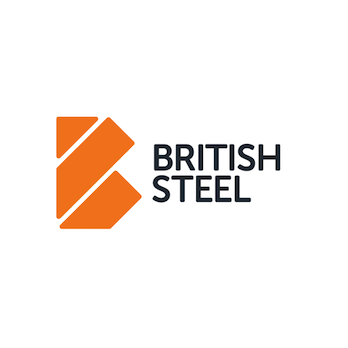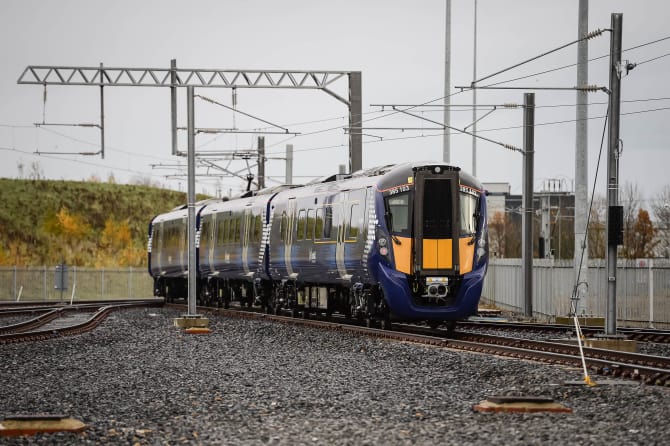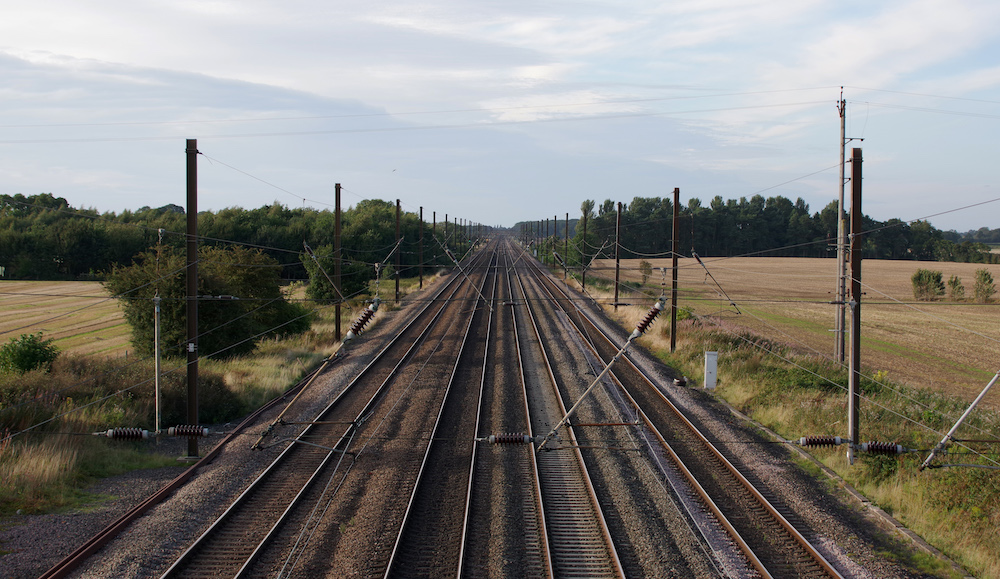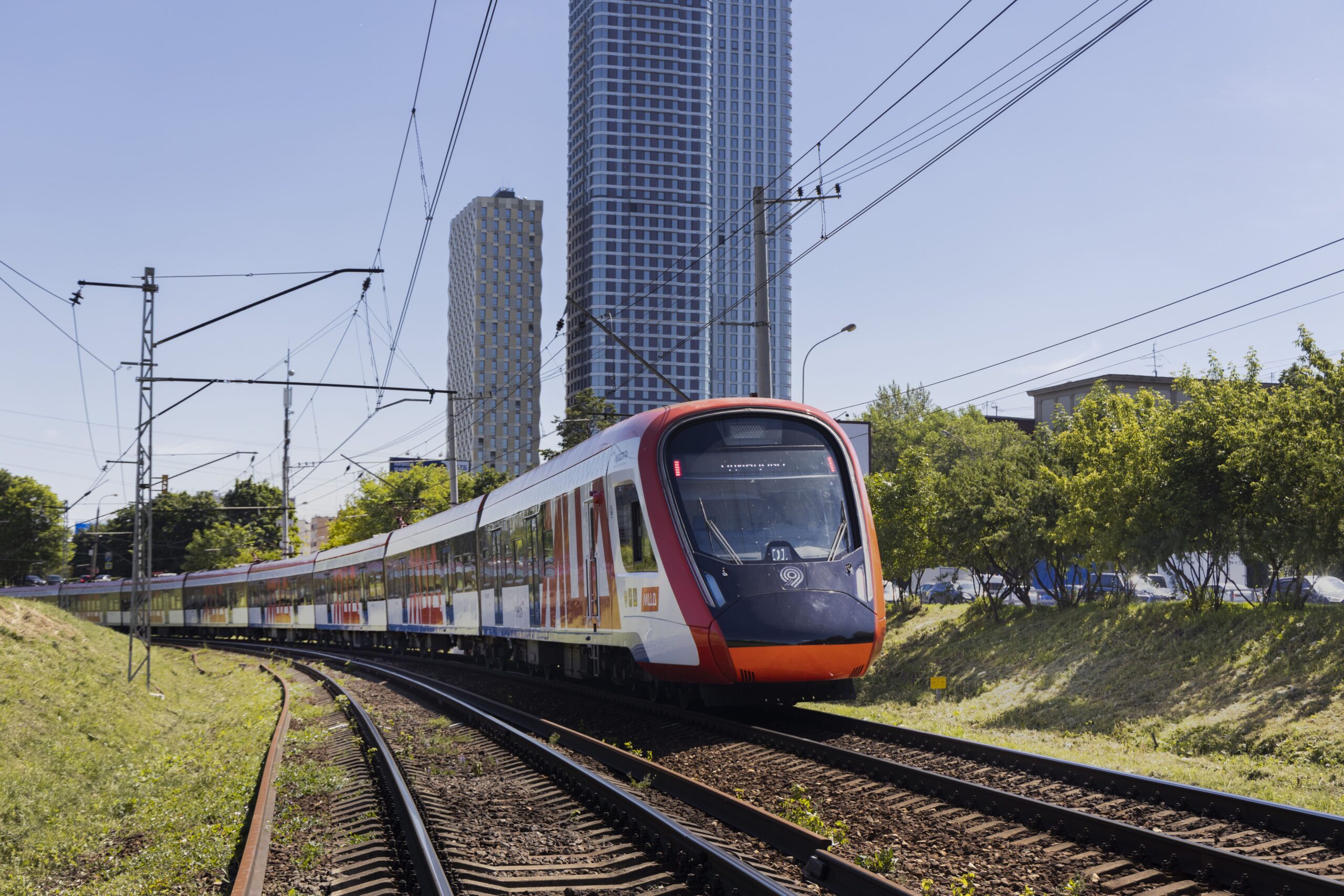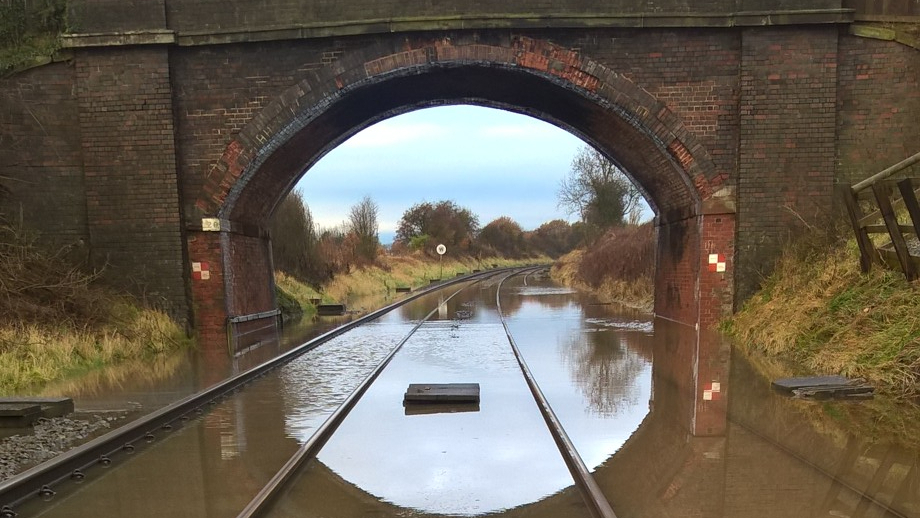British Steel Unveils Low-Carbon Roadmap with Net-Zero Pledge
British Steel today unveiled its Low-Carbon Roadmap, outlining its commitment to achieving net-zero status through the biggest transformation in its history.
 The company has pledged to invest in a range of technologies to deliver net-zero steel by 2050, and significantly reduce its CO2 intensity by 2030 and 2035.
The company has pledged to invest in a range of technologies to deliver net-zero steel by 2050, and significantly reduce its CO2 intensity by 2030 and 2035.
Its roadmap, which is in line with UK commitments to the Paris Agreement, will see the business adopt a science-based target in order to validate its reductions.
British Steel Chairman and Jingye CEO, Huiming Li, said:We firmly believe our products can play a central role in transitioning to a low-carbon, circular economy and we have ambitious plans to reduce the carbon intensity of our operations, with solutions that are globally recognised and accepted.
Embracing new technology and ways of working will help our drive towards a phased reduction of CO2 emissions by 2030, 2035 and 2050. And while there is no doubt decarbonisation is a major challenge for our business – the biggest we have faced in 130 years of steelmaking – we’re committed to creating a clean, green and sustainable future for British Steel.
British Steel’s efforts to decarbonise the business are already underway, with a variety of projects being implemented to improve environmental performance. For example, it has recently increased the amount of scrap used in the integrated steelmaking route and plans to further increase this by 2023, and it is progressing the use of Hot Briquetted Iron (HBI) and scrap in the iron making process. These will have an immediate and significant CO2 reduction.
To help achieve its net-zero targets, British Steel will use a range of techniques and innovations including:
- Assessing and adopting several technology options such as Carbon Capture and Storage, hydrogen, increasing scrap utilisation and Electric Arc Furnace steelmaking
- Steel product innovation to promote the material benefits to end users, for example through light weighting and life extension
- Supporting recycling and reuse, for instance using increased levels of scrap in its steelmaking process and encouraging re-use of steel products at the end of life, where appropriate
- Deploying circular economy and material efficiency methodologies
Mr Li, continued:When we bought British Steel 18 months ago we promised to transform the company into a sustainable business and decarbonisation is fundamental to this. We have implemented a number of significant projects to enhance operations and, fuelled by the drive of our employees, we have introduced many positive changes.
A great deal of hard work lies ahead but achieving aggressive emissions reductions is possible within the ambitious timescales of the UK government. However, successful implementation of our Low-Carbon Roadmap requires appropriate backing from the UK government through supporting policies and frameworks.
The UK government has already been supportive of the measures we have in place to significantly improve our manufacturing operations, energy efficiency and environmental performance in agreed timescales. Now we require its site-specific support for a rapid transition, which will partially involve technologies not yet available on an industrial scale. We will work closely with them to achieve current and new targets and deliver on our net-zero promise.
British Steel, which is a member of the Zero Carbon Humber (ZCH) partnership, said it is also committed to working with its customers, suppliers and community stakeholders on the road to decarbonisation.
Mr Li, added:Steel is the world’s most recycled material and vital to modern economies. Over the coming decades, global demand is expected to grow to meet rising social and economic need, so we’ll keep working together with our customers and suppliers to ensure we deliver the net-zero steel society needs.
British Steel’s Low-Carbon Roadmap
British Steel’s ambition is for low-embedded carbon steel production with a phased reduction of CO2 intensity by 2035 and 2050. Our Low-Carbon Roadmap will deliver net-zero steel by 2050 and significantly reduce our CO2 intensity by 2030 and 2035*1. We will adopt a science-based target (SBTi)*2 in order to validate the reductions achieved to keep global warming well below 2°C and pursue efforts to limit warming to 1.5°C.
To help achieve these targets British Steel will use a range of techniques and innovations including:
- Steel product innovation to promote the material benefits to end users, for example through light weighting and life extension
- Supporting recycling and reuse
- Deploying circular economy and material efficiency methodologies
- Assessing and adopting several technology options including Carbon Capture and Storage, hydrogen, increasing scrap utilisation and Electric Arc Furnace steelmaking
- Our Low-Carbon Roadmap is achievable with appropriate supporting government policies. British Steel continues to engage with government to ensure the correct policies are adopted to achieve carbon reductions
- Adopting a Science Based Targets initiative to play our part in limiting global warming to well-below 2°C above pre-industrial levels and pursue efforts to limit warming to 1.5°C
British Steel’s Low-Carbon Roadmap to achieving aggressive emissions reductions is achievable within the ambitious timescales of the UK government. However, successful implementation of this Low-Carbon Roadmap requires appropriate government support through policies and frameworks.
- *1 Baseline year 2020
- *2 https://sciencebasedtargets.org/about-us
This article was originally published by British Steel.

